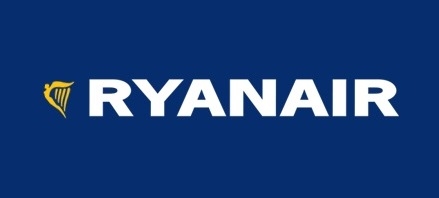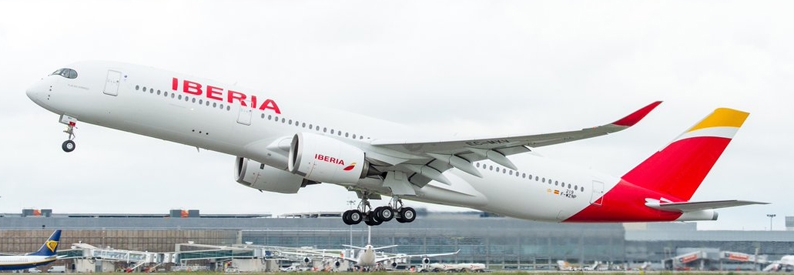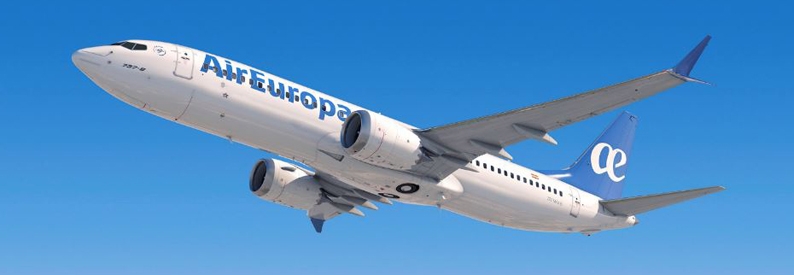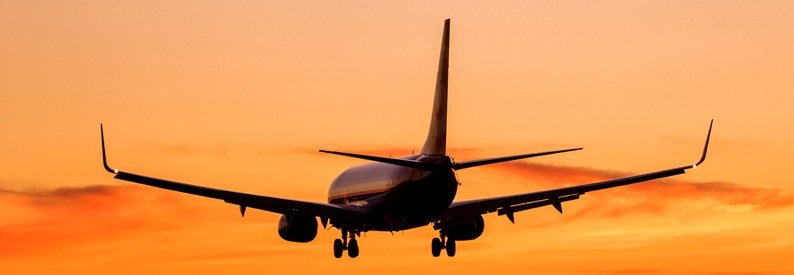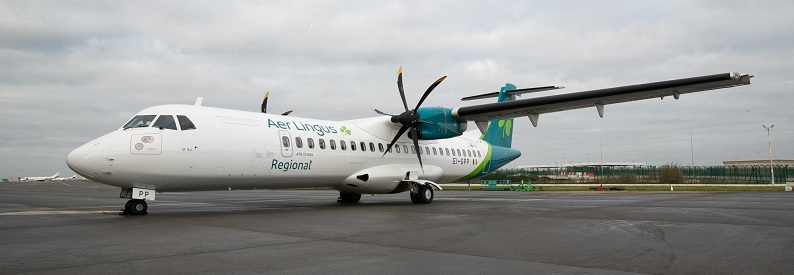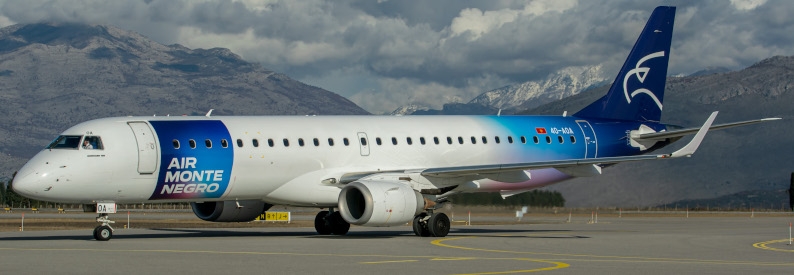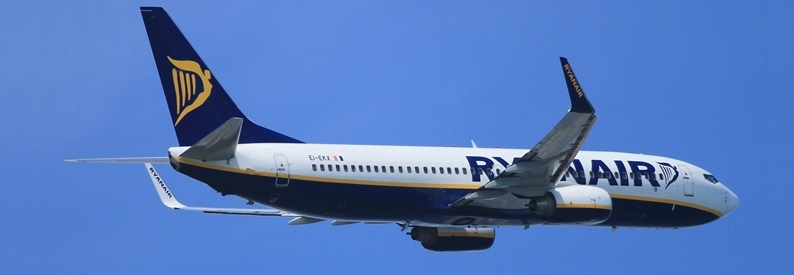Ryanair (FR, Dublin International) could open five new bases in Spain and boost passenger traffic to the country from the 55 million forecast for this year to 77 million, but only if the country has competitive airport charges in place, CEO Eddie Wilson told reporters before the FITUR tourism trade fair began in Madrid this week.
Wilson voiced the prospects of a EUR5 billion euro (USD5.4 billion) investment that would place 33 more aircraft at Spanish airports, open five new bases, and raise today’s 730 routes to more than 1,000 by the end of the decade.
Corvera, Jerez de la Frontera, Santander, Valladolid, and Vigo are among the airports that need inbound tourism all year round, he said, according to local news sites, and “only Ryanair can offer that volume in the next five years.”
According to the ch-aviation Commercial Aviation Aircraft Data module, the European budget carrier currently operates 12 bases in Spain, at Alicante Elche Miguel Hernández, Barcelona El Prat, Girona, Ibiza, Lanzarote, Madrid Barajas, Málaga, Palma de Mallorca, Santiago de Compostela, Sevilla, Tenerife Sur, and Valencia Manises.
Wilson was speaking several days after Transport Minister Óscar Puente Santiago said that a 4.09% rise in tariffs planned by airport operator Aena starting from March was inevitable, stressing that the fees would still be below the pre-pandemic levels of 2019.
“This 4% rise we think needs to be reversed, but also we need to put in incentives in the regions of Spain, and that will drive tourist numbers 12 months in the year, not just to the beaches or the coast,” Wilson said, warning that if costs rise “it may be more attractive to operate at airports in other countries such as Italy, Greece, or Morocco.”
He cautioned: “Ryanair is going to take delivery of 400 new aircraft over the next few years. The question is how many are going to come to Spain. It’s really important for airports to be competitive.”
Wilson was sharing the stage with Maurici Lucena Betriu, chairman and chief executive of Aena, who defended the coming tariff hikes. “Fares fell by 11% between 2015 and 2023, in a period where inflation in Spain grew by 21%, so if a tax rise of 4.09% is approved, fares this year would still be below their 2019 level,” he said. The additional revenue will be deployed to expand airports, he explained, as the hubs in Barcelona and Madrid are close to capacity.
Ryanair Holdings CEO Michael O'Leary met Spanish Prime Minister Pedro Sánchez on January 12, also pledging an investment of EUR5 billion over the next seven years. On the same day, Sánchez tweeted (X'd) in response that he wanted to thank O'Leary “for his ambitious investment plan in Spain of 5 billion in the coming years. I celebrate the commitment of a leading company to our country and our tourism and business sector, which demonstrates trust.”
O'Leary presented a similar message on a visit to Italy this week, claiming Ryanair could invest EUR8 billion (USD8.7 billion) more in Italy if the country eliminated its additional local tax on tickets that is charged by municipalities. He told the newspaper La Repubblica that he wanted to meet Italian Prime Minister Giorgia Meloni to urge her to “create the conditions” that would allow Ryanair to make this investment. The carrier could then, he said, open two new bases at Trieste and Reggio di Calabria and boost frequencies to and from Rome and Milan.
- Type
- Base
- Aircraft
- Destinations
- Routes
- Daily Flights
